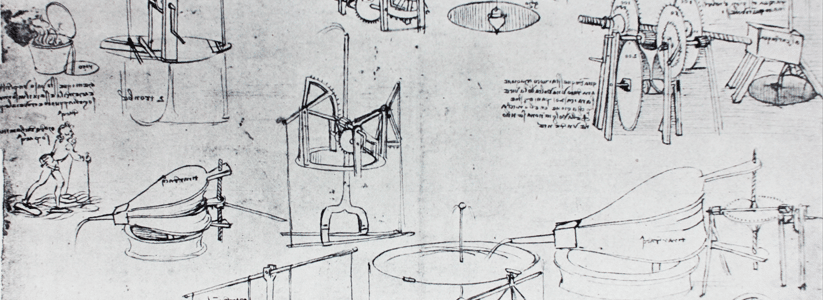The Pope, The Painting, and Epic Procrastination
If you were asked to define the word Genius, the name of Leonardo da Vinci would top many a list.
Born in 1452 to Caterina, a destitute orphan, he grew up to be one of the world’s greatest inventors.
With many ideas centuries ahead of their time.
Whilst most famous for his paintings such as the Mona Lisa and the Last Supper, Leonardo is also renowned in the fields of geometry and mathematics to name just two.
And the most extraordinary thing is that this remarkable polymath never went to school.
Yet what is less well known is that whilst brimming with new ideas he quickly became bored and many of his works remained unfinished.
He would take on commissions and toy with them for years before his patrons grew tired and either walked away or, in one case, hauled him before the courts.
But work still came his way.
In around 1513 Pope Leo 10th asked him to undertake a new painting.
We don’t know what the subject matter was but like many of Leonardo’s projects, there was little sign of anything happening almost a year later.
Perhaps aware of the great man’s form on this front the Pope approached Leonardo some 10 months after issuing the commission and asked him how his work was progressing.
Adopting a “truth is best” approach, Leonardo casually announced that he hadn’t started it yet.
When asked why, da Vinci simply said that it was because he was working on a new type of varnish for the painting.
In a fit of rage, Pope Leo cancelled the project and pronounced that “the man will never come to anything if he kept starting at the end.”
And therein lies a lesson more valid today than ever.
In our sphere, starting at the end means you have a much better understanding of who your audience is.
Using this knowledge means that you can better finely tune your marketing collateral to their particular needs.
You also know what your deadline is allowing you to plan back to ensure key milestones are met.
Yes, starting at the end is a very good place to begin. As one of the greatest geniuses ever known has taught us.
Until next time.
Alec

